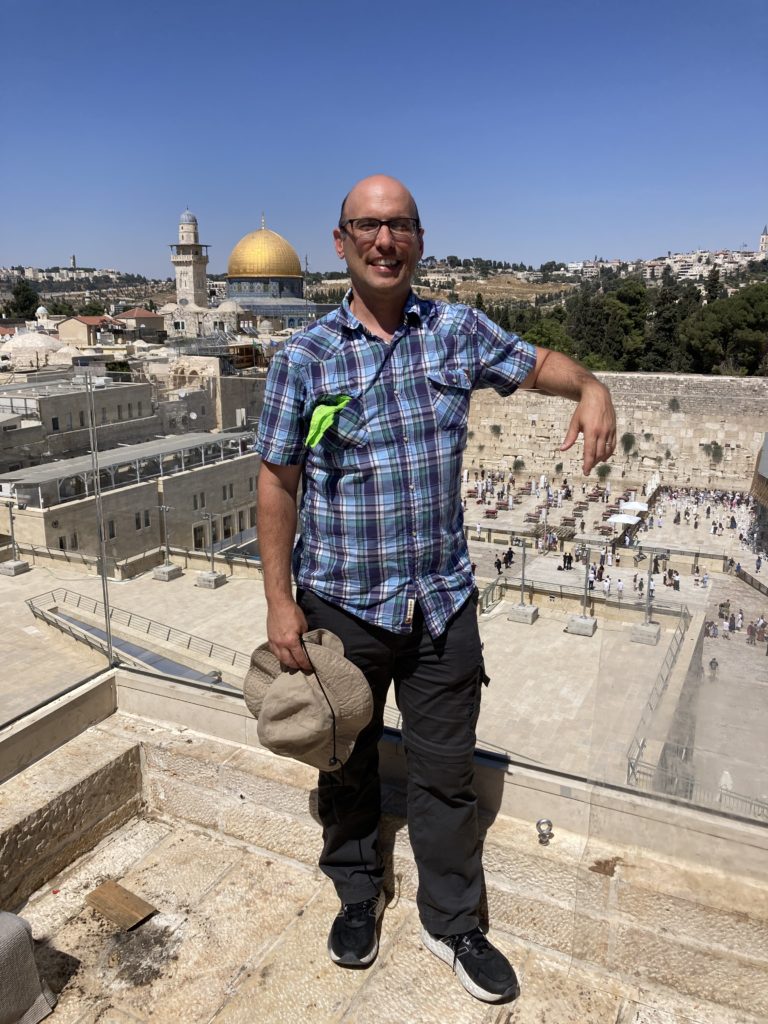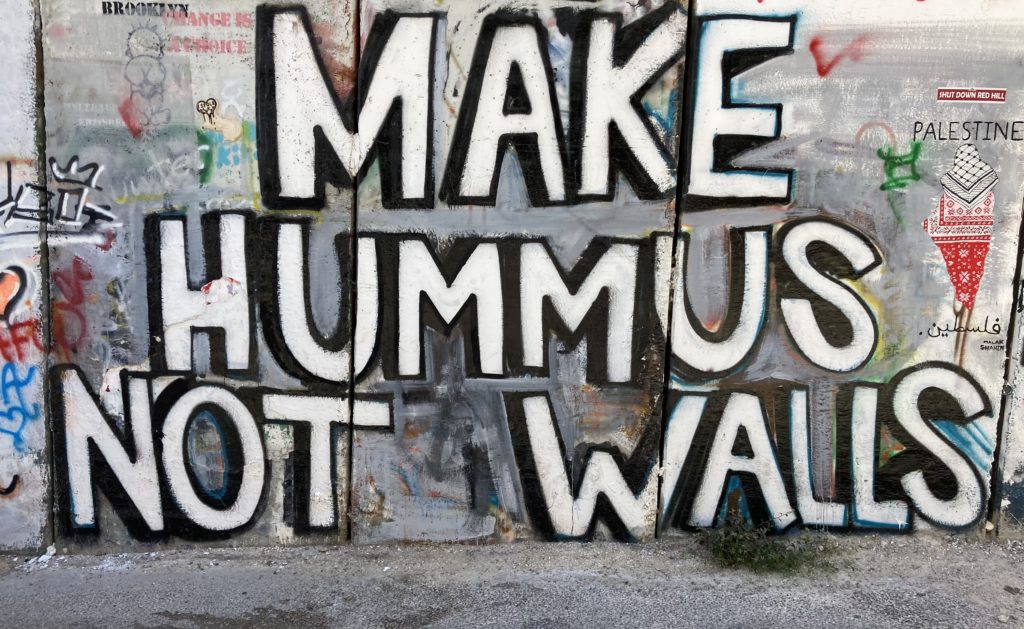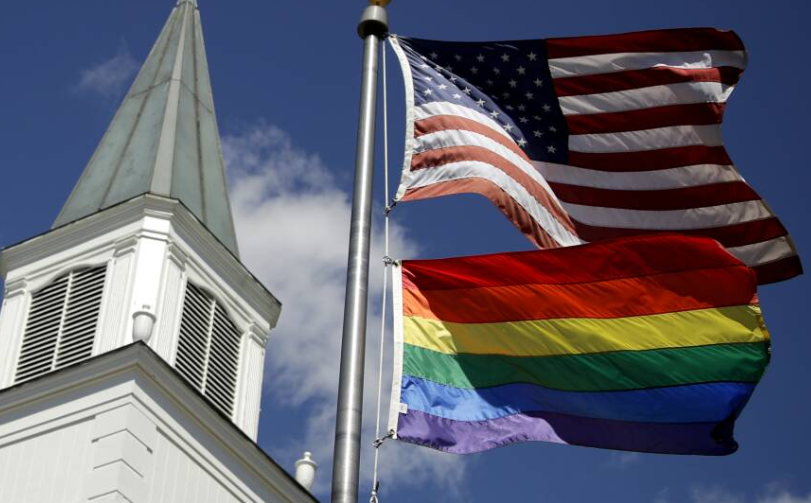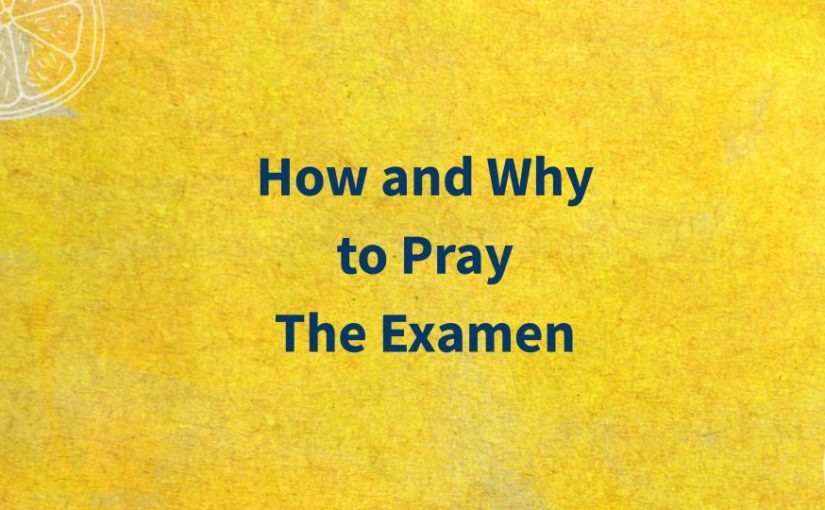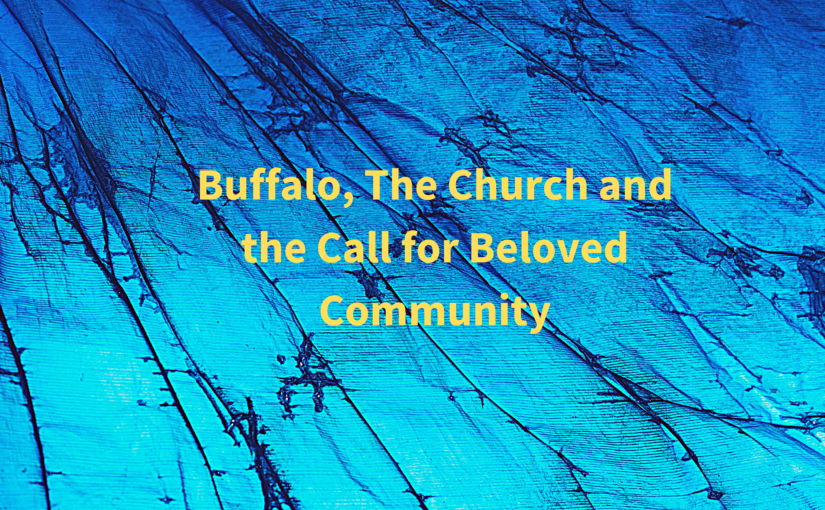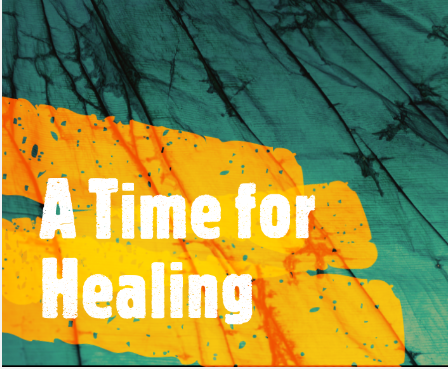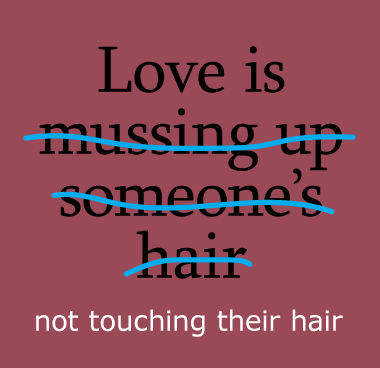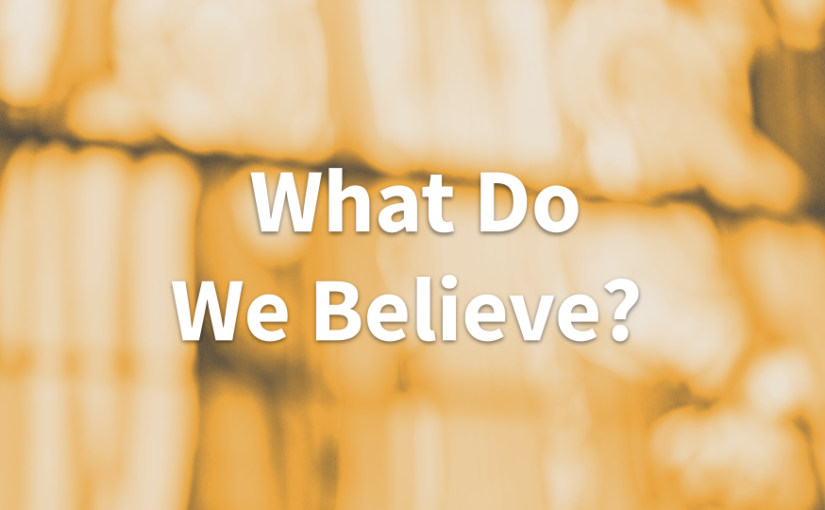You may be aware that over the past year, Reservoir Church has played a significant role in a public organizing campaign for great housing justice in Massachusetts. Perhaps you’ve noticed that this is a very expensive area to rent or to buy a home. Sadly for me as a pastor, I’ve had conversations over the years with many of you who have wondered if the cost of housing is too high for you to want to stay in the area long-term.
Throughout the network we are in, Greater Boston Interfaith, there have been thousands of similar conversations, asking what we can do to make housing more affordable and accessible for more of us. We’ve learned about the dramatic underfunding of public housing throughout this state, often resulting in unsafe or downright deplorable living conditions. We’ve listened to the struggles of formerly incarcerated individuals to find housing or even get state IDs as they seek to rebuild a life for themselves. And we’ve confronted restrictive, discriminatory zoning laws in our communities that were set up decades ago to keep communities whiter or wealthier.
One of our pastors, Rev. Lydia Shiu, has been an instrumental leader in this work, organizing tirelessly behind the scenes and speaking in front of the state house and at other large events. Press coverage from a 1,700 person gathering Lydia co-chaired early this month can be found in The Boston Globe and the Dorchester Reporter. Over 80 of you turned out for that gathering, making us the second-best represented congregation in all of Greater Boston.
Our Faith into Action core team has also strived tirelessly to engage our church and our public representatives in this work. They’ve helped organize and run large public meetings with state elected officials, both at Reservoir and in other locations.
Today, I got a turn to get out and do something in this campaign as well. I presented a letter that I co-wrote and that was signed by 155 Massachusetts clergy, asking our elected officials to take action in this legislative cycle. In addition to sharing this letter with you, I thought you might enjoy reading another sample of how we can talk about our faith values in the interfaith or secular settings most of us spend most of our time living in.
Here’s a short excerpt from my testimony today, before the House and Senate Ways and Means committees.
This letter written by me and other leaders in GBIO was signed, in less than a week, by 155 Massachusetts clergy – a multi-faith, multi-race, urban and suburban collective of religious leaders.
Why clergy? We are not experts on housing policy or affordability. So why hear from so many clergy, with unanimous moral clarity, on the action we need you take on housing?
Well, it’s because our clergy are teachers, caregivers, organizers, and leaders in faith communities that touch the lives of millions of Massachusetts residents. Millions of us. Over half of adults in Massachusetts engage with our state’s religious communities, somewhere between a few times a year and multiple times per week.
And one thing we are doing in our congregations is exploring a different way of being human. We’re exploring ways of being a person that aren’t defined first by our wealth, our community of residence, our home ownership status, our career field or success – or all the other things that are so important to our lives and identities in our economy.
Take my church for instance. Every week, a few hundred people interact there. We have tenured university professors, prominent physicians, C-suite leaders in major businesses and nonprofits in the area who are socializing, and worshiping side by side, eating and serving the community alongside residents of public housing, uber drivers, foster moms, disabled residents, and so on. As if those differences do not matter. How many places do we have like this?
Our religious communities are places where residents of our state find community and meaning and purpose where they are defined not by their resumes or net worth, but by their faith that they are children of God with an important place in the beloved community that we are called to create together, community where we belong, where we have just opportunities to flourish, and where we have basic goods like secure, safe, healthy housing, not because we’re lucky but because we’re human.
This experience of mattering, of belonging, and of the opportunity to make good lives for ourselves not because of our class or privilege, but because we’re part of the human family in this state – these ideals speak to the best aspirations of our country and our Commonwealth.
It’s true, friends, that we have a lot of work to do to make Greater Boston’s communities more accessible and affordable, for us and for the diverse communities we – and I believe God – would love to see flourish here.
And it’s true that church is an incredible space to be together where we aren’t defined by all the stuff our economy and our status-conscious world ranks us on, up or down. We are children of God – no one higher, no one lower. And we are in this world, and in these lives, together. We need each other. And we all matter. We all matter to ourselves. We all matter to one another. And we all matter deeply to the living God as well.
Oh, and I’ve been asked to share with you that this blog was ranked as one of Boston’s 20 best Christian blogs and websites. I can’t necessarily endorse all the others, but there we are, friends.




